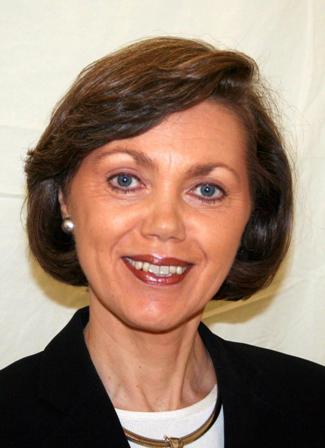I. Basics of Intellectual Property Protection in the U.S.
A. Patents
1. U.S. Patents are granted upon application to United States Patent and Trademark Office (“PTO”), for new, useful, and non-obvious inventions, determined to meet the statutory criteria, after examination, by U.S. PTO.
A U.S. Patent grants to patent owner the exclusive right to practice his invention, to manufacture, use and sell goods thereunder, and to exclude others (or license such rights, in whole or in part, to others for compensation). Under current U.S. law, patents are granted for a period of 20 years from date of application (Was 17 years from the date the patent is issued under previous law).
2. In the U.S., there is no Common Law or State patent protection — Protection of Federally Registered patents derives from the U.S. Constitution — Article I, Section 8, Clause 8:
“The Congress shall have Power … To promote the Progress of Science and useful Arts, by securing for limited Times to Authors and Inventors the exclusive Right to their respective Writings and Discoveries;”
Federal Patent Act of 1952, 35 U.S.C. §§ 1 et seq., passed by Congress pursuant to the above Constitutional authority, delineates patent rights in the U.S.
3. A Patent protects, and grants exclusive rights in, the actual invention — the idea itself — and all expressions thereof, as opposed to Copyright, which protects only a particular expression of an idea. (This is why owners of computer software increasingly seek patent protection, rather than copyright protection. Copyright protection does not prevent “reverse engineering” to discover, copy and re-write source code, altering its expression slightly, but using the idea of the copyrighted code to perform the same function.)
4. The Patent application process is highly technical. A Patent Attorney, specially licensed before the PTO, is required to prosecute a patent application.
5. Until passage of the new America Invents Act, which was signed into law by President Obama on September 16, 2011, U.S. Patent law had differed from patents granted in most of the rest of the world as follows:
Continued…
Read more » (Read & Print Entire Outline as a PDF Document)
